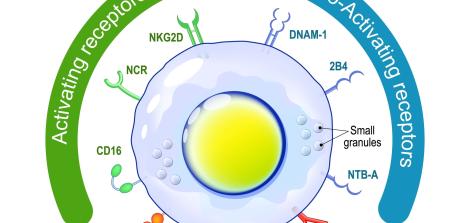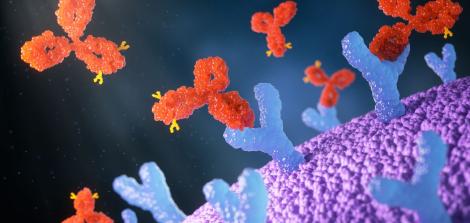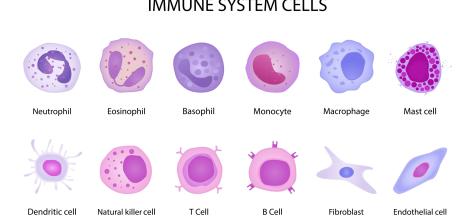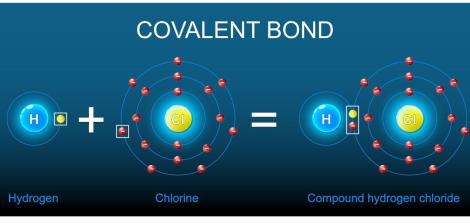Long COVID
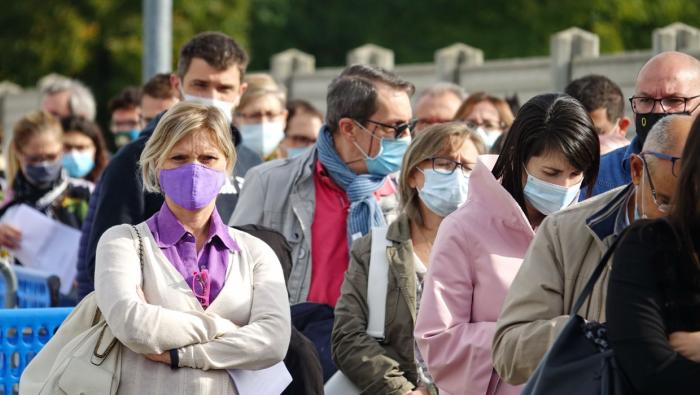
Long COVID, or “persistent coronavirus,” is a medical condition in which symptoms of COVID-19 do not subside even weeks or months after recovery from the acute phase of the illness. According to the World Health Organization, these are symptoms that last for more than 12 weeks, and in some cases even a year or longer.
Long COVID can affect the respiratory system, heart, nervous system, blood vessels, and other organs. Common symptoms include extreme fatigue, shortness of breath, brain fog, chest and muscle pain, difficulty with concentration and memory, irregular heartbeat, anxiety, and depression. In some cases, even individuals who experienced a mild illness- or even had no symptoms at all- develop Long COVID.
The exact causes of Long COVID are still being studied, but current hypotheses point to disruptions in the immune system, chronic inflammation, remnants of the virus remaining in the body, or an autoimmune response. From an epigenetic perspective, studies examining hamsters infected with COVID have found epigenetic changes in the brain, liver and lungs. In other words, Long COVID alters the genetic material of the cell.
More on Long COVID in an interview with Prof. Meital Gal-Tanamy on the Dangoor website >>
Last Updated Date : 31/07/2025




